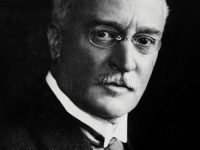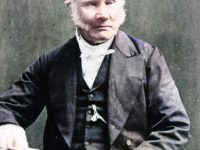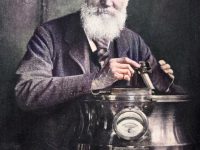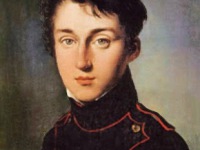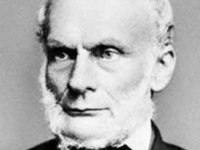Rudolf Diesel and his famous Engine
On March 18, 1858, German inventor and mechanical engineer Rudolf Diesel was born, who invented the eponymous Diesel engine that uses the heat of compression to initiate ignition to burn the fuel. “The automobile engine will come, and then I will consider my life’s work complete.” – Rudolf Diesel Early Years Rudolf Diesel was born and grew up in Paris, known as an excellent student and awarded with a medal for his achievements…
Read more

